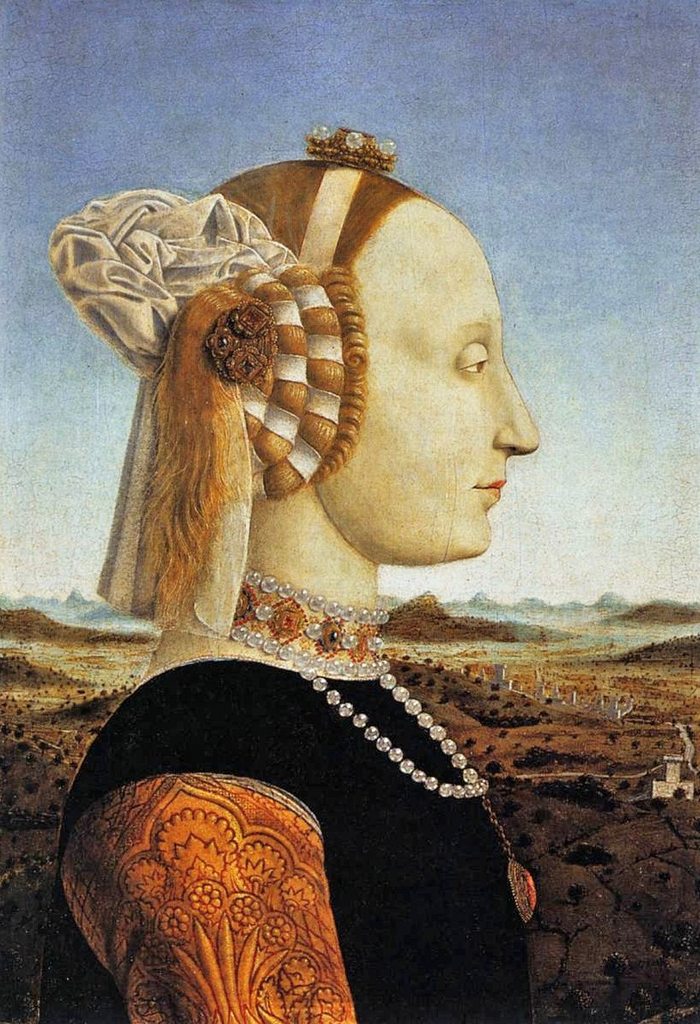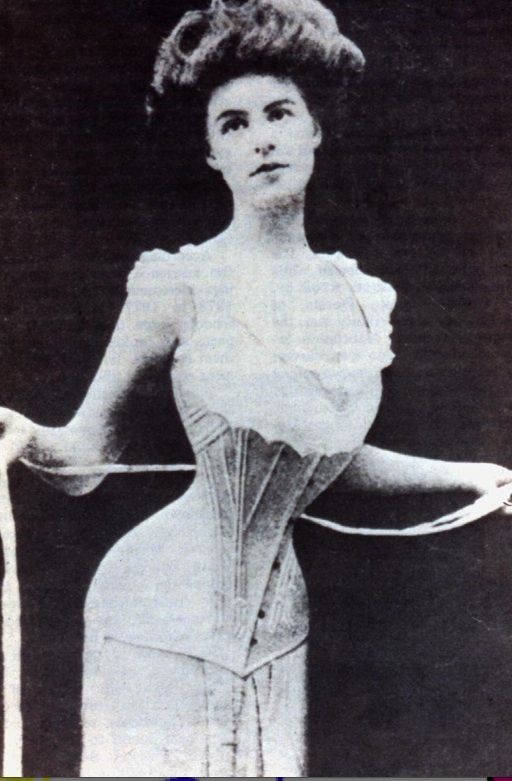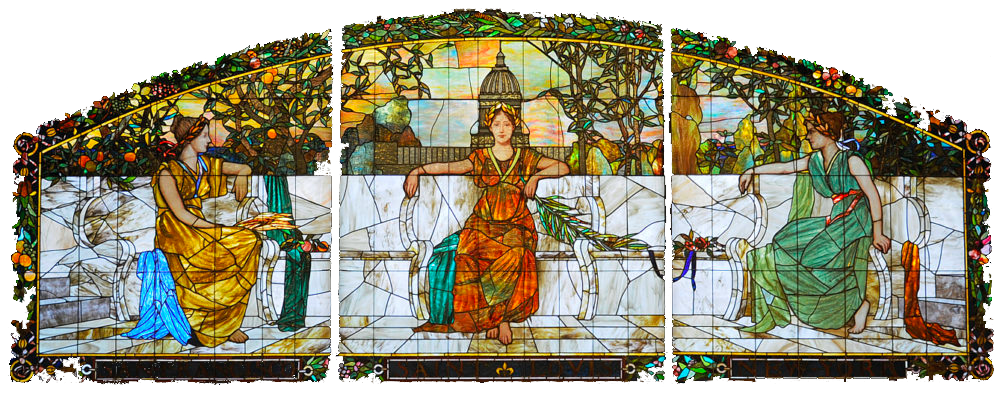I spent my childhood and teen years in an era where I clearly was not the flavor of the month. Tall, thin blondes with straight hair were in, and I couldn’t claim even one of those attributes. Advertising, TV, and movie imagery hammered home the message that I didn’t measure up to the way girls were supposed to look. I wasn’t attractive enough, and therefore had little to offer. My peers understood that as clearly as I did: I was “out.”
Believing that you’re all wrong is not a healthy way to grow up.

Definitions of female beauty have shifted throughout history, but they’ve always been pervasive. They’re the reason medieval/early Renaissance women shaved off their eyebrows and endured painful plucking of their hairlines toward the tops of their heads in search of the desirable high-forehead look. They’re why 17th-century women slathered their faces with lead-containing cosmetics in a quest for pure white skin, why women throughout history have accepted the body-sculpting torture of tightly fitted corsets and girdles in an effort to contort themselves into whichever silhouette they were told was the current ideal.

After all, if you aren’t sufficiently ornamental, then what ARE you?
I’m not surprised that cultural definitions of beauty still impact how we value ourselves. What surprises me more is how deeply this outside definition of our own self worth burrows. Although the seeds in my own psyche were planted decades ago, I’ve spent way too much of my adult life tripping over the tendrils.
Media imagery has moved toward more inclusivity these past few years, presenting models and characters of varied sizes, ethnicities, and gender fluidity. This is a good thing. It’s important that people — especially children — see positive representation of others who look like them. But we have to be careful. The categories may have broadened, but we’re still dealing with standards based on someone else’s definition of appealing. We’re potentially face-to-face with “acceptable” ways to be ethnic, overweight, queer. When we absorb presented depictions as truth, it means we’re still judging ourselves through outside eyes.
Again: if you aren’t sufficiently ornamental, then what are you?
Actually, you’re quite a lot, and you don’t need outside approval to confirm that. Try to block out the noise, because it’s only a distraction. Dig deeper. Claim your worth on your own terms and operate from the heart. You are uniquely beautiful, and the world needs the gifts that only you can give.









Too true. And I can scarcely imagine the degree to which social-media image-culture has amplified the whole phenomenon exponentially.
From when we were kids, you have always been my ideal of what beauty is, both physically and who you are as a person.
I have answered this kind comment way too late — but thank you, Sherry!